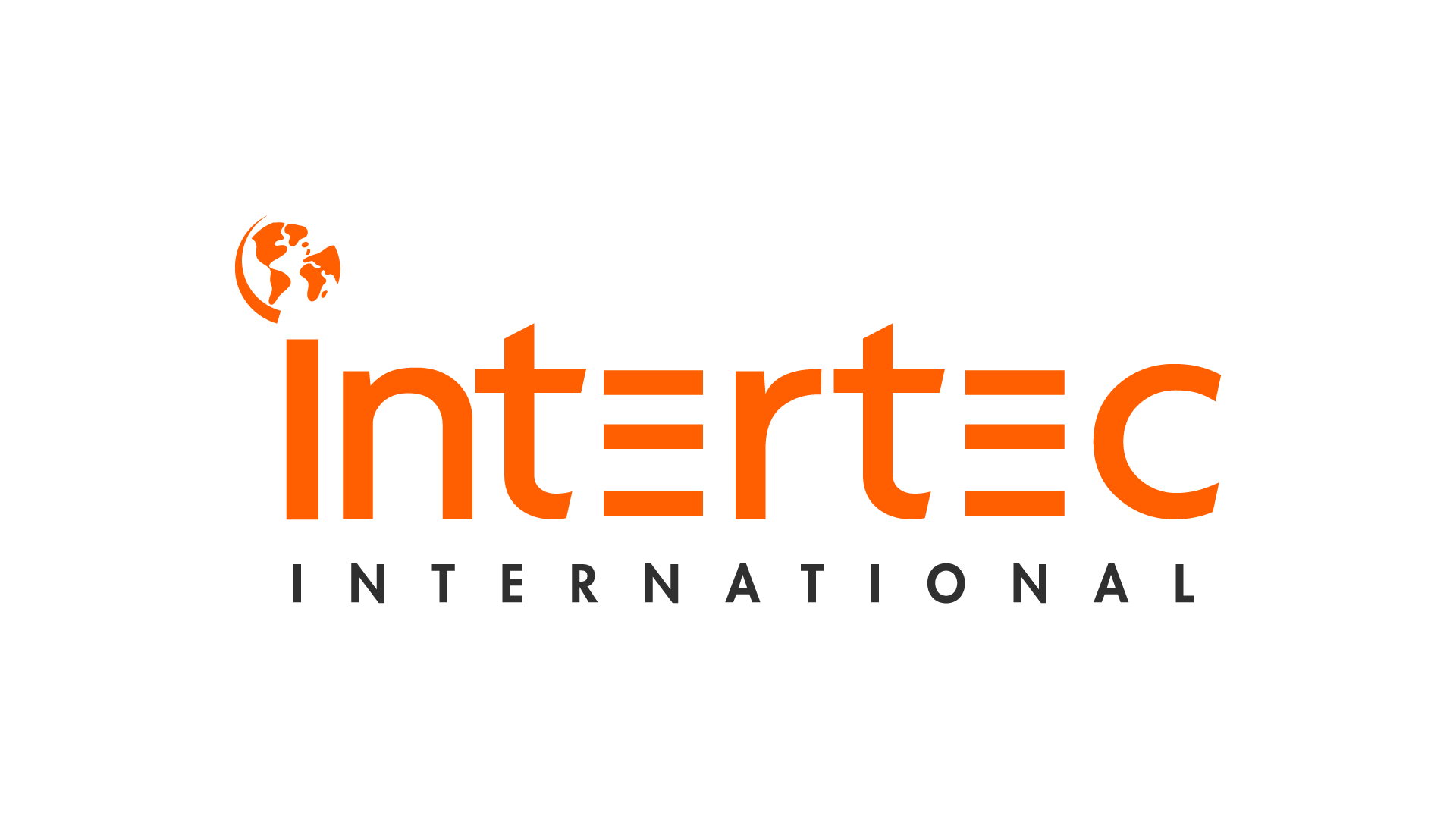Cloud solutions have become increasingly popular among businesses of all sizes and industries. While the benefits of cloud solutions are well-documented, there's still debate about whether a public or private cloud solution is the right fit for a particular business. The decision between public and private cloud solutions requires careful consideration of various factors, such as security, cost, and scalability.

The decision between public and private cloud solutions isn't always straightforward, so businesses must carefully evaluate their specific needs and goals before making a decision. In the following sections, we will explore the factors to consider when choosing between public and private cloud solutions and provide guidance on how to choose the right cloud solution for your business.
Public Cloud Solutions
Public cloud solutions have become increasingly popular among businesses due to their many advantages. Public cloud solutions refer to a cloud infrastructure that's shared among multiple customers, with resources such as servers, storage, and applications provided by a third-party cloud provider.
Advantages
One of the primary advantages of public cloud solutions is their cost-effectiveness. Public cloud solutions are typically less expensive than private cloud solutions because the provider can spread the costs of infrastructure, maintenance, and security among many customers. Public cloud solutions also offer greater scalability, allowing businesses to quickly and easily adjust their resources as needed. This makes them an ideal choice for companies with rapidly changing resource needs or those who want to avoid investing in their own hardware and IT infrastructure.
Another advantage of public cloud solutions is their accessibility. With a public cloud solution, businesses can access their resources from anywhere with an internet connection, making it easy for remote teams to collaborate and work together. Public cloud solutions are also highly reliable, with most providers offering service level agreements (SLAs) that guarantee uptime and availability.
Limitations
However, public cloud solutions have some limitations that businesses need to be aware of. One of the primary concerns with public cloud solutions is security. Because resources are shared among multiple customers, there is a risk of data breaches and unauthorized access. Public cloud providers typically offer robust security measures, such as firewalls and encryption, but businesses must also take steps to ensure the security of their own data.
Another limitation of public cloud solutions is the potential for downtime. Because resources are shared among multiple customers, if one customer experiences an issue, it can impact the resources and services of other customers. This can result in downtime and lost productivity, which can be especially problematic for businesses that rely heavily on their IT infrastructure.
Overall, public cloud solutions offer many advantages, including cost-effectiveness, scalability, and accessibility. However, businesses must also be aware of the potential security and downtime concerns associated with public cloud solutions and take steps to mitigate these risks. Overall, public cloud solutions are an excellent choice for businesses looking to take advantage of the benefits of cloud computing without investing in their own IT infrastructure.
Private Cloud Solutions
Private cloud solutions refer to an infrastructure dedicated to a single organization or company, providing greater control and customization over the cloud environment. Unlike public cloud solutions, private cloud solutions can be hosted on-premises, in a data center, or even in a colocation facility, giving businesses complete control over their IT environment.
Advantages
One of the primary advantages of private cloud solutions is enhanced security. With a private cloud solution, businesses can implement robust security measures to protect their data and resources, including firewalls, encryption, and other security measures tailored to their specific needs. Private cloud solutions are especially valuable for businesses with sensitive data or specific regulatory compliance needs, as they can be customized to meet these requirements.
Another advantage of private cloud solutions is increased customization options. With a private cloud solution, businesses can tailor the infrastructure and services to meet their unique needs, such as custom applications or specialized software. This flexibility allows companies to optimize their IT environment to best meet their specific needs and goals.
Limitations
While beneficial in many ways, private cloud solutions also have some limitations that businesses need to consider. One of the primary limitations is cost. Private cloud solutions are typically more expensive than public ones, as they require dedicated hardware and IT infrastructure. This can make private cloud solutions less accessible for smaller businesses or those with limited budgets.
Another limitation of private cloud solutions is scalability. While private cloud solutions offer greater control and customization, they may not be as scalable as public cloud solutions. This is because private cloud solutions require dedicated resources and infrastructure, making it more difficult to quickly and easily adjust resources as needed.
Ultimately, private cloud solutions offer businesses enhanced security and greater customization options. Private cloud solutions are ideal for companies with specific security or regulatory compliance needs, as well as those that require specialized software or applications. However, businesses must also be aware of the potential cost and scalability limitations of private cloud solutions and carefully evaluate their specific needs before making a decision.
Key Factors to Consider When Choosing Between Public and Private Cloud Solutions
Choosing between public and private cloud solutions can be a difficult decision for businesses. As such, it's important to carefully evaluate the unique advantages and limitations of each option and consider several key factors when making a decision.
Security
Public cloud solutions are typically less secure than private cloud solutions, as resources are shared among multiple customers. However, public cloud providers can provide robust security measures to mitigate these risks, including firewalls and encryption. Private cloud solutions offer enhanced security and more control over security measures, making them a better option for businesses with sensitive data or specific regulatory compliance needs.
Cost
Public cloud solutions are typically less expensive than private cloud solutions, as the costs of infrastructure, maintenance, and security are shared among multiple customers. Private cloud solutions require dedicated resources and IT infrastructure, making them more expensive. Businesses should carefully evaluate their budget and the resources required to determine the most cost-effective option for their needs.
Scalability
Public cloud solutions offer greater scalability, allowing businesses to quickly and easily adjust their resources as needed. Private cloud solutions may be less scalable as they require dedicated resources and infrastructure. Companies should consider their resource needs and growth projections to determine the most scalable option for their needs.
Finally, businesses should consider their specific needs and goals when choosing between public and private cloud solutions. Public cloud solutions are ideal for businesses that require accessibility, cost-effectiveness, and flexibility. In contrast, private cloud solutions are ideal for businesses with specific security or regulatory compliance needs, as well as those that require specialized software or applications.
Choosing the Right Cloud Solution for Your Business
Choosing the right cloud solution for your business requires careful evaluation of the advantages and limitations of each option, as well as a thorough understanding of your specific needs and goals.
Here are some key steps to follow when choosing the right cloud solution for your business:
- Evaluate your specific business requirements
- Consider your budget
- Research cloud providers
- Plan for scalability
- Ensure data portability
- Evaluate deployment options
By following these steps and carefully evaluating each option, businesses can make an informed decision that best meets their needs and helps them achieve their goals. If you've made your decision but aren't sure how to take the next step forward, we've got you covered. Intertec is an expert cloud provider, prepared to help businesses begin their migration to the cloud.








